In July 2017, Narendra Modi became the first Indian prime minister to ever visit Israel. He and Prime Minister Benjamin Netanyahu conversed on the beach at Givat Olga while wading in the warm waters of the Mediterranean.
The visit symbolized the transformation in relations between the two countries, which until the 1990s were cold and tense. Today, they include extensive trade, huge arms deals, military, police and counterterrorism training, tourism and diplomatic cooperation. Modi supports Israel in international forums and was one of the first world leaders to condemn the Hamas massacre on October 7.
Modi heads the ruling Hindu nationalist Bharatiya Janata Party and was also formerly active in its affiliated paramilitary group, Rashtriya Swayamsevak Sangh. Under his leadership, observers say, the democratic space in India has been dramatically reduced, journalists and opposition activists criminalized, arrested and sometimes murdered, and the Muslim minority persecuted, discriminated against and dehumanized.
Foreign Ministry documents that were released to the public in the Israel State Archive over the last two years show that Israel's relationship with the far right in India, and in particular the Bharatiya Janata Party (in its previous incarnations) is not new but began back in the mid-1960s.
Even though Israeli diplomats knew full well these were extremist elements whose ideology was based on hatred of Muslims, these relations were struck primarily because of Israel's difficulty in building normal relations with the Indian National Congress party, which held power almost continuously from the country's first elections in 1952 until 1989.
Fear and hate
In a review prepared by the Foreign Ministry in December 1985, it was explained that since the '50s, when India recognized Israel, the Indian government had refused to establish full diplomatic relations. Israel was represented in India only at the level of a consulate based in Bombay (its name was changed to Mumbai in 1995), and since 1969 the jurisdiction of the consulate had been limited to the state of Maharashtra (which included Bombay). At the United Nations and other international organizations, India consistently expressed support for Arab resolution proposals and spoke out harshly against Israel – sometimes more harshly than the Arab states.
Starting in June 1982, there was a serious deterioration when the Israeli consul in Bombay, Yosef Hassin, was declared persona non grata. That was in response to his interview with a local newspaper in which he attacked the Indian government for its activities on behalf of the Arabs. He was forced to leave the country and India refused to approve the arrival of a new consul.
In addition, the Indian government created many difficulties for Israeli tourists and refused to even grant entry visas for Israelis to participate in international conferences held in the country. In the economic-commercial sphere, meanwhile, many restrictions were imposed on Indian companies trading with Israel.
In dozens of telegrams prepared by Israeli diplomats, it was surmised that the negative policy of the ruling National Congress party toward Israel was mainly due to its "perception of Zionism in terms of imperialism and occupation and not necessarily national renewal." Other factors included a dependence on oil and money from Arab states, the fear that strengthening ties with Israel would be used by Pakistan in its propaganda against India, and also the National Congress party's need to win elections in key states in India where the Muslim vote was decisive.
Nearly 20 years earlier, in a telegram dated June 21, 1965, the then-consul in Bombay, Peretz Gordon, explained to the director of the Asia Department at the Foreign Ministry, Daniel Levin, that "to this day and in the future, the Hindu fears and hates the Muslim the same." Gordon explained that in the Bharatiya Jana Sangh party (the previous incarnation of the Bharatiya Janata Party, and often known as Jan Sangh) that sat in the opposition, and even in the right-wing circles of the National Congress, "this finds expression in various forms and even openly."
In dozens of telegrams prepared by Israeli diplomats, it was surmised that the negative policy of the ruling National Congress party toward Israel was mainly due to its 'perception of Zionism in terms of imperialism and occupation and not necessarily national renewal.'
In another telegram to Levin, dated June 23, 1966, Gordon wrote that the right wing in India was getting stronger, and every "Indian in the world can easily notice the fact that the very existence of the State of Israel constitutes a wedge between the Arab states that prevents the establishment of an Arab empire. India is not interested in establishing such an empire, neither led by [Egyptian President] Nasser nor by anyone else."
In a telegram on April 26, 1966, sent by the deputy director of the Asia Department, Michael Elitzur, to the director of the Office of the Foreign Minister, he detailed his department's recommendations for strengthening ties with India. These included "secret communications with oppositional elements for the purpose of organizing demonstrations hostile to the government."
In a summary of discussions held at the Foreign Ministry dated August 15, 1966, it was noted that the head of the Political-Economic Planning Department, Ilan Aryeh, suggested "cautious contact with the Jan Sangh party (perhaps through the Mossad)." Asia Department director Levin claimed that the then-consul in Bombay, Reuven Dafni, was already in contact with the party, and "it is doubtful whether there is any room for tightening ties with an extreme nationalist party that has no chance of coming to power or a coalition."
On March 14, 1967, Dafni telegrammed the Asia Department that Jan Sangh included in its election platform a clause demanding the establishment of full diplomatic relations with Israel.
In a telegram dated May 22, 1967, the Israeli ambassador to Nepal, Moshe Arel, reported to the Asia Department that in Kathmandu he had met a Jan Sangh parliamentarian, Prof. Madhuri Sondhi, who in 1964 had visited former Prime Minister David Ben-Gurion's hut in Sde Boker.
Sondhi suggested that Israel should replace its fixer in India as he was also a middleman for Taiwan. In addition, Sondhi explained that the local government in the Delhi region had passed into the hands of Jan Sangh, which was "ready to cooperate with us. It is now possible to put the Indian government to various tests in the Israeli context, the result of which will be the undermining of the existing anti-Israel policy," he said.
In a telegram dated January 25, 1968, which Israeli ambassador to Cambodia Raphael Ben Shalom sent to the new director of the Asia Department, Moshe Arel, he reported that the same Sondhi had also visited Phnom Penh and told him he was ready to organize a "protest of hundreds of thousands" in support of full diplomatic ties with Israel.
Surprise visitor
Jan Sangh was not the only right-wing party with which Israel had relations at the time. On May 24, 1968, Dafni reported in a telegram to Arel about the Hindu ultranationalist Shiv Sena party that was active in the state of Maharashtra.
He warned that this was a party of "chauvinists" that had decided to "exploit the existing sectarian and religious contrasts," was using "obviously demagogic fascist" methods and holding demonstrations in "the style of the Nazis in the '30s in Germany and Austria: breaking windows of mainly foreign shops, removing foreign workers from various workplaces, etc."
Dafni himself was active in the underground that saved thousands of Jews in Hungary during the Holocaust. In a telegram to Arel dated February 17, 1969, he wrote that Shiv Sena, which had "clear fascist foundations," was responsible for violent riots in Bombay.
Despite Dafni's warnings, in response to Indian demonstrations against Israel after the start of the Yom Kippur War, a rally was held in Bombay on October 14, 1973 with the participation of some 6,000 people from the Shiv Sena and Jan Sangh parties – in coordination with the Israeli consulate. The then-consul, Joshua Trigor, told the Asia Department that same day that, among other things, the "boss of Shiv Sena," Bal Thackeray, and also a member of parliament from Jan Sangh gave speeches at the rally in support of Israel.
In a telegram dated November 21, 1973, Trigor advised the Asia Department that he had met with the president and vice president of the far-right, nationalist Hindu Mahasabha party. The killer of Mahatma Gandhi, Nathuram Godse, had been active in it and also in the Rashtriya Swayamsevak Sangh militia. Trigor wrote that "in the conversation, the two made declarations of eternal friendship with Israel. They even said they held four regional conferences during the war in which speeches were made in favor of Israel and condemnations of the Indian government position in the conflict in general, and the Yom Kippur War in particular."
Trigor explained that the party's political power had decreased, "but it's good that they also sympathize with us – even if one of the reasons for this is their hatred of Muslims."
In light of the relationship created with the Hindu Mahasabha party, a month later, on December 31, 1973, a surprise guest arrived at the Israeli consulate's door: Gopal Godse, the brother of Gandhi's murderer, and who himself was convicted and received a life sentence for his involvement in the assassination plot. He had been released in 1965.
In the telegram representative Gideon Ben Ami sent from the consulate to the Asia Department that day, he reported that he did not know about Godse's visit in advance. But "since it was already too late for its cancellation, I politely listened to his words. ... He spoke passionately about his hatred of Muslims and was interested in whether the consulate was willing to lend its help in printing the defense speech of his brother who was executed [in 1949] and spread it in Israel."
Ben Ami wrote that he had firmly rejected the proposal and avoided entering into an ideological polemic with Gopal Godse. His embarrassment was due to the fact that the brother of Gandhi's murderer had visited the consulate, not the consulate's connection with the far right.
In a telegram Ben Ami sent to the director of the Information Department on December 19, he wrote that basic support for Israel in India came from among traditional circles such as "Hindu extremists." He further noted that Jan Sangh held about 15 to 20 meetings in New Delhi, and in the states of Punjab and Uttar Pradesh, in which the party president and other party leaders "severely criticized the government's pro-Arab stance and its condemnations of us."
For the purpose of organizing its meetings and coordinating with the far-right parties, the consulate made use of a local middleman, "who used to receive large payments from us," as noted in a telegram from the consulate to the Foreign Ministry on October 30, 1985.
In a telegram dated August 1, 1973, sent by the deputy director and head of the Asia Department, Yaacov Shimoni, to Trigor, Shimoni warned that the middleman "is strongly identified with the far right. He also serves as a middleman for Taiwan and is very active in all kinds of anti-communist organizations and activities that smell of the right and the CIA."
Shimoni added: "You probably know that in government circles, the National Congress and the leftist parties suspect we have an intimate and special relationship with the circles of Jan Sangh and the far right in general."
Shimoni wrote that Israel responded to complaints about its ties with the far right that it 'very much wants the friendship of the National Congress and the left-wing parties as well, but it cannot rudely reject the friendship of right-wing circles.'
He wrote that Israel responded to complaints about its ties with the far right that it "very much wants the friendship of the National Congress and the left-wing parties as well, but it cannot rudely reject the friendship of right-wing circles – and if the right remains the only force in India that offers its friendship, Israel is not the one who is to blame."
In conclusion, Shimoni stated that the use of the same channel would continue "if you want to meet with Jan Sangh people and the right," but meetings with other parties would not be done through it.
'Less hostile line'
In the '70s, Israeli diplomats held a series of meetings with members of parliament and the Jan Sangh leadership. For instance, in a telegram by Trigor to Shimoni dated October 10, 1974, he wrote that the party leaders reiterated to him and other Israeli representatives that "their party completely disapproves of the government's line, and that their sympathy is entirely with us. I personally heard this from party president L. K. Advani at our meeting in Delhi in 1973."
Trigor wrote that he also met with the head of the party in the state of Maharashtra, Dr. Vasant Kumar Pandit, who told him that "cooperation with Israel is a national Indian interest, and the ground must be prepared for the future when a nationalist government is formed and it wants to promote India."
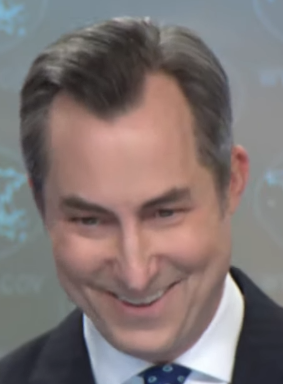


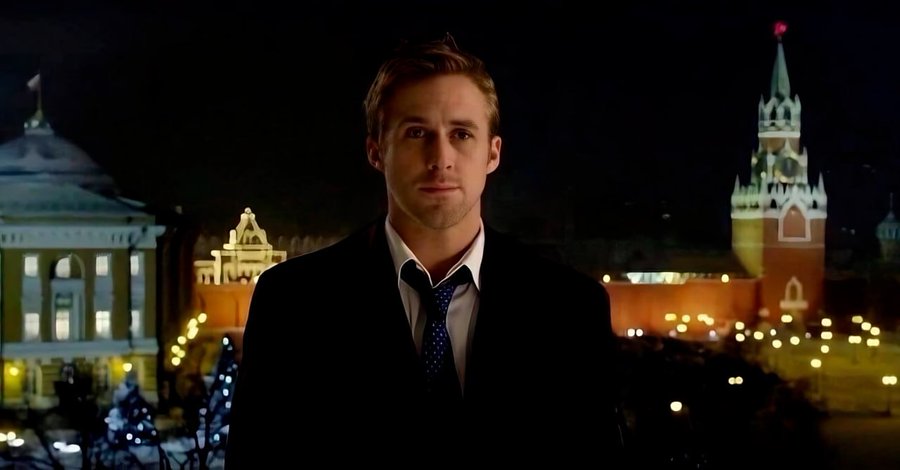
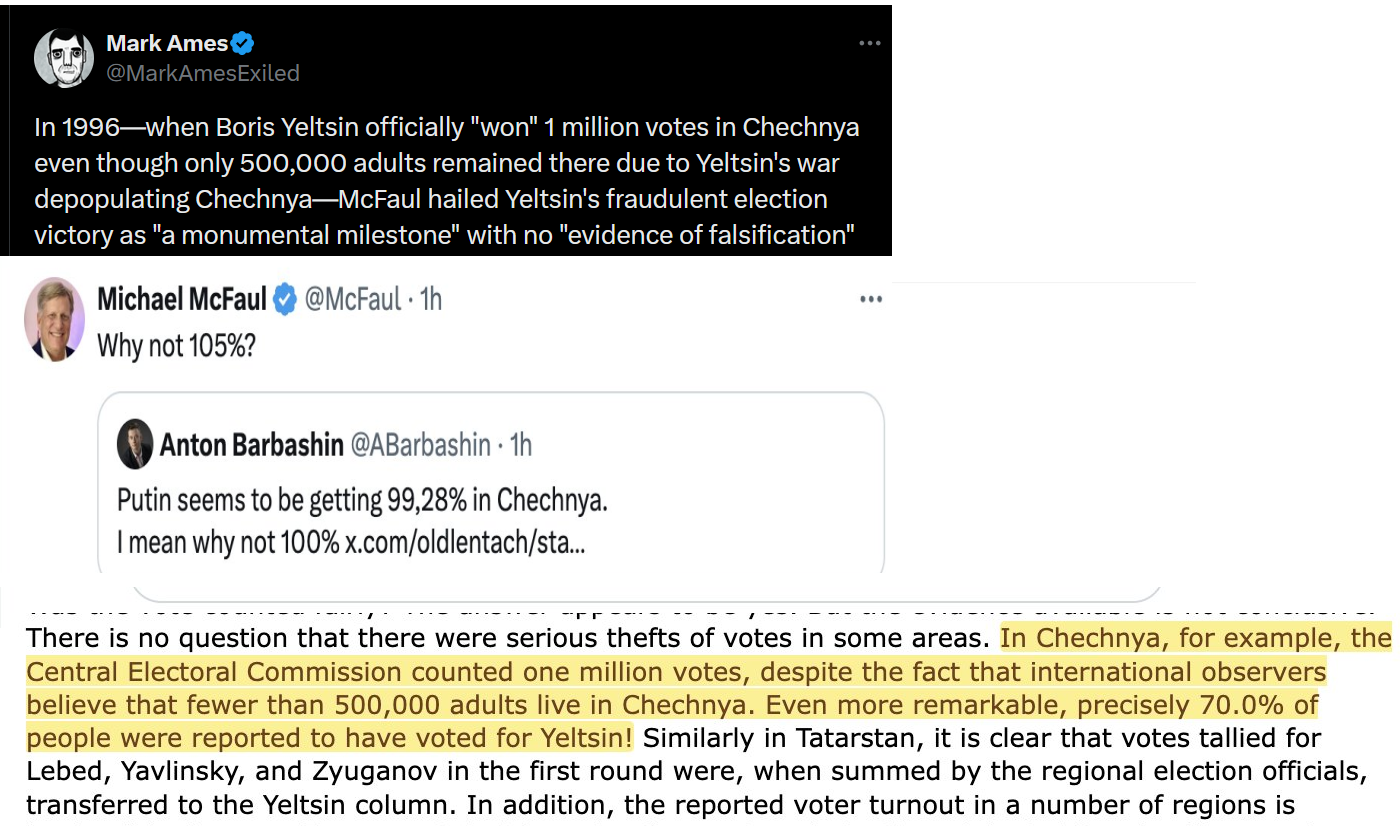

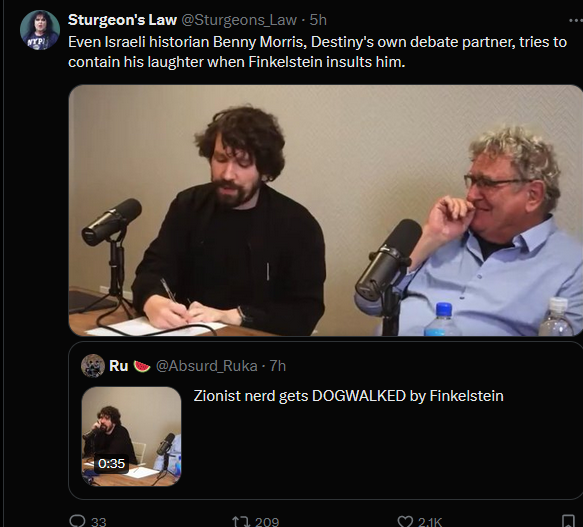
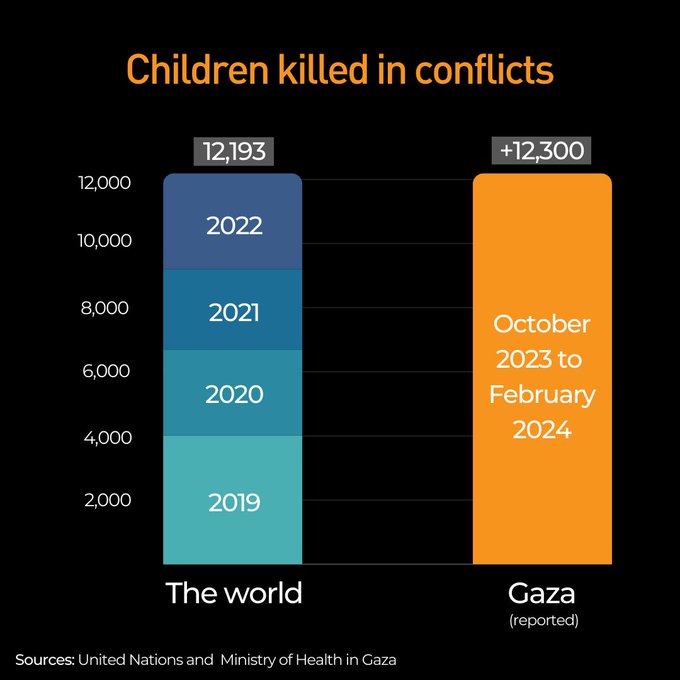
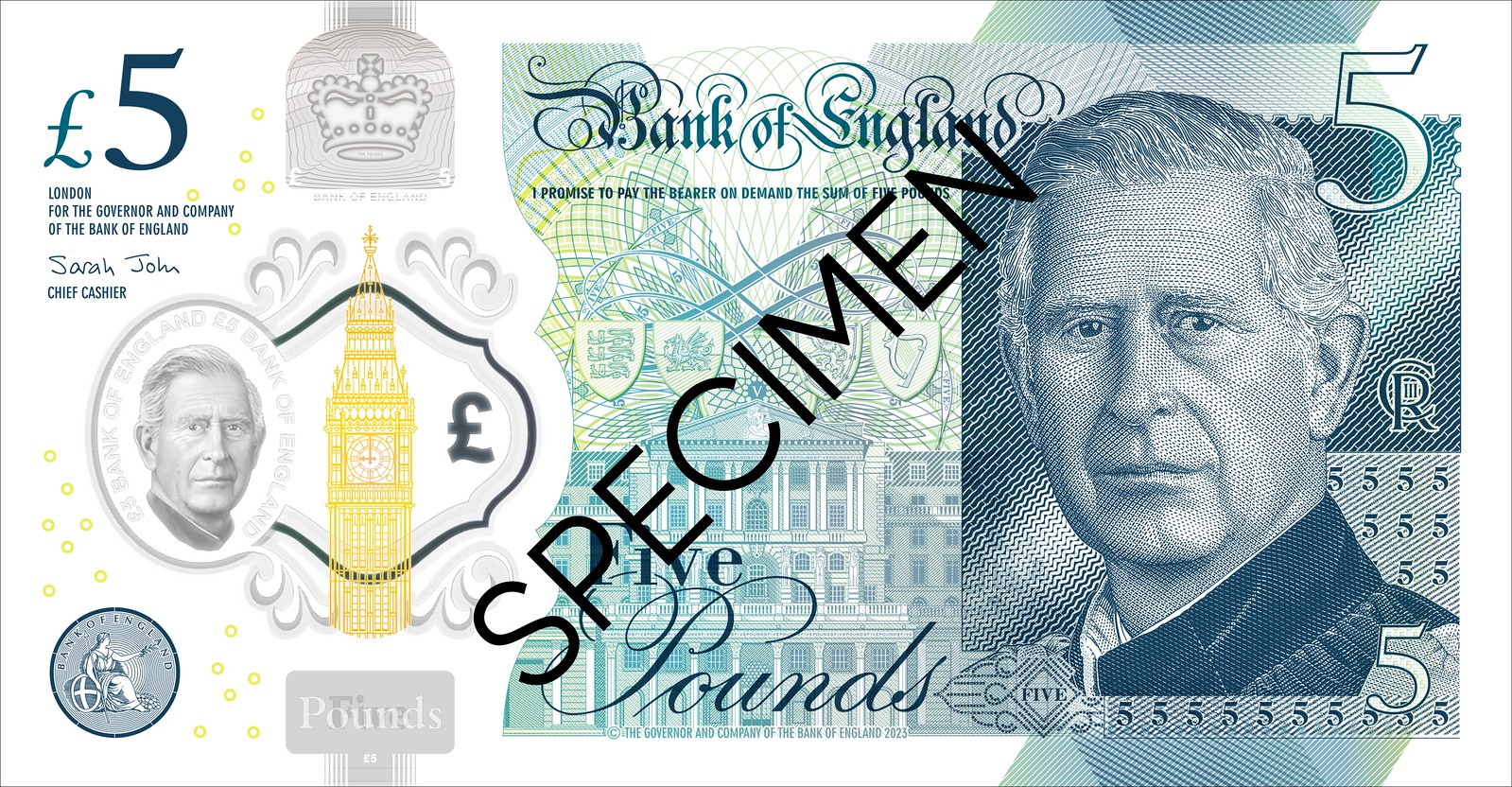
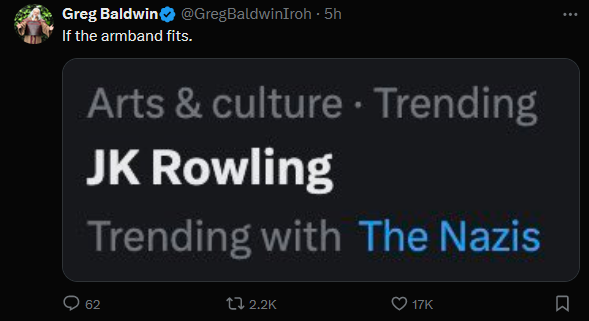
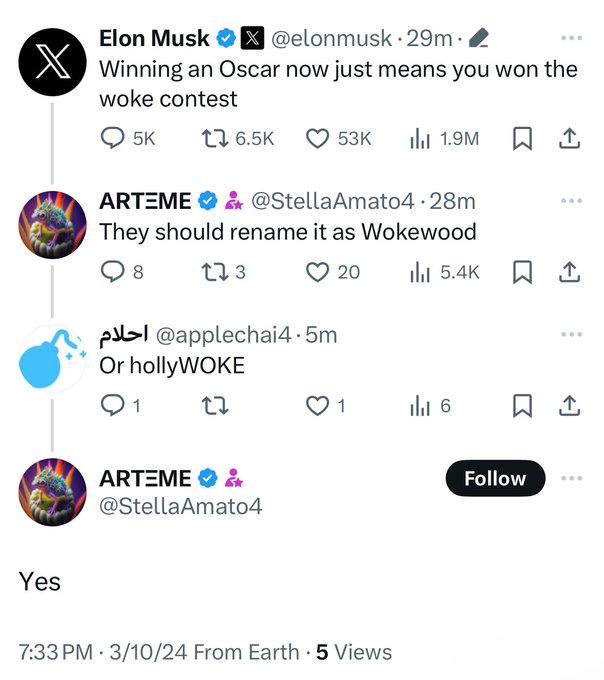
Maybe, it certainly reduces the altruism motive. People would see kidney donations as a transactional thing.
I said it before, I'm not against it in a more just world. In the USSR, there were medals given for various good deeds and these medals carried benefits such as better housing, allowance etc.
I could see something like this for kidneys happening in a more equal world where people were awarded a medal for kidney donations (good for social standing, seperates it from purely being transactional) with the medal benefits like more vacation days, better housing or a bonus on your existing salary.
Keep in mind in this world, everyone has a home for free and all the basic needs are met by the state already.